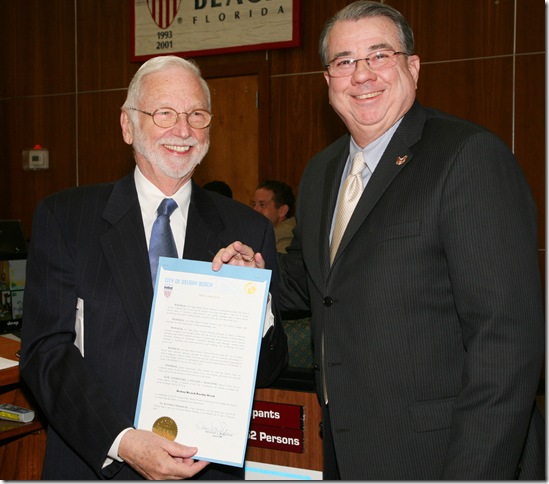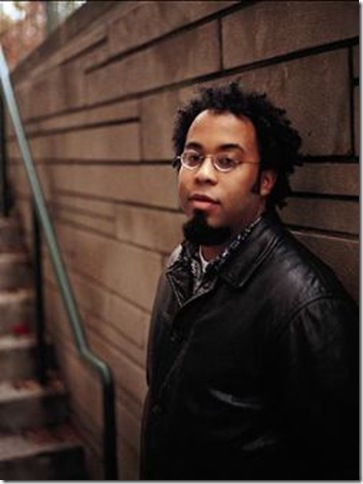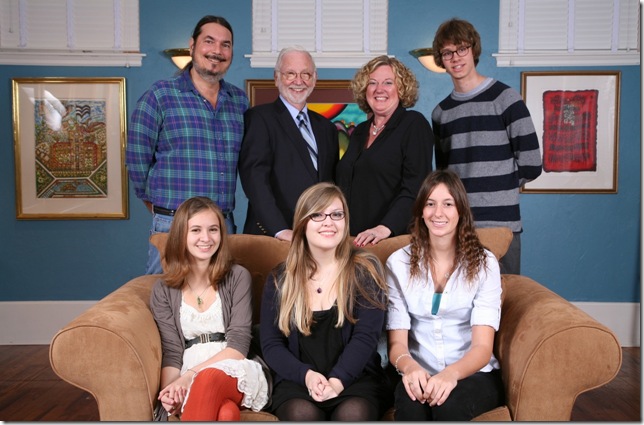Miles Coon did not build the Palm Beach Poetry Festival into one of Florida’s top literary events in five short years by being cautious.
After last year’s economically troubled festival, when one workshop had to be canceled for lack of enrollment, he knew prudence dictated a smaller, less ambitious plan for 2010.
Instead, Coon chose a bolder path, increasing the advertising budget and putting together another impressive slate of poets. The result: Every workshop seat is taken, the high school poetry contest fielded 100 more entrants than last year, and the number of public poetry events has gone up.
“In every measure the festival will be bigger and better than in years past,” says Coon, who founded the event in 2004 and serves as its executive director. “It’s amazing to me in these economic times we have people coming from London, Vancouver, Grand Bahama and 25 states.”
This year’s lineup includes top names in American poetry: Stephen Dobyns, Caroline Forché, Marie Howe, David Wojhan, Ilya Kaminksy, plus one of the country’s leading younger poets, Kevin Young. And, Thomas Lux, the only poet to appear at every Palm Beach Poetry Festival to date.
The sixth edition of the Palm Beach Poetry Festival, a mixture of intermediate and advanced workshops for poets and public readings and panel discussion, starts Monday and runs through Saturday.
Public events take place each of the six days at the Old School Square Cultural Center in downtown Delray Beach. One highlight is Wednesday’s gala dinner ($250, 5 p.m.), followed by a reading featuring Dobyns and Young (all readings are $12, $10 for seniors and $8 for students.)
Unlike some literary events – the Key West Literary Seminar, for example – the Palm Beach Poetry Festival does not declare a theme. But if it did have theme this year, it would be memory, suggests Coon.
“Poets keep the past alive,” Coon says, citing Forché’s 1993 anthology, Against Forgetting: Twentieth Century Poetry of Witness, which “gathers 1,800 pages of poems written during periods of exile, torture imprisonment and oppression.”
Poetry preserves personal memory, too, Coon says, pointing to Kevin Young’s latest collection, Dear Darkness, inspired by the death of the poet’s father.
“He writes against forgetting, about capturing what his father stood for, how the everyday objects in our lives serve as reminders of those we love and lost,” Coon says.
At 39, Young is already well-established in the firmament of contemporary American poetry, with an impressive output of eight collections – some containing more than 100 poems – since his 1998 debut, Most Way Home.
“A lot of my books engage different aspects of history,” Young said by phone last week from his office at Emory University in Atlanta, where he is a creative writing professor. “Personal history, general history.”
A direct heir to the “blues poetry” of Langston Hughes, Young is often admired for the musicality of his work. But even when he writes directly about the black experience, as in For the Confederate Dead, Young’s poetry remains inclusive and personal.
“The important part of that title is not ‘confederate,” Young says, “it’s the ‘dead’ part. I wrote it as an elegy for a friend who had died on the one-year anniversary of 9/11. It’s more about public mourning than anything else.”
In considering why poetry seems, against conventional wisdom, to grow more popular each year, Young and Coon agree. While the advent of hip-hop and spoken-word performance may have brought a new awareness of poetry to a younger generation, the main thing is the capacity of poetry to help people through adversity.
“The past 10 years I would say America has been going through a period of extraordinary uncertainty on the world stage and also in our economy,” Coon says. “Right after 9/11 an amazing number of poems from the canon circulated on the Internet and gave people some sense of how to deal with the terrible grief we felt from that attack.”
Young addresses grieving in his next book, an anthology of poems called The Art of Losing: Poems of Grief and Healing. Coming out in March, it is a collection of elegies, and another project inspired by the death of his father.
“A friend and I were talking and we realized no book like that exists,” Young says. “I was thinking about the elegy a lot and what it means. That’s one of the ways poetry is always relevant. It can honor that experience more than anything.”
Yet while Young, as a blues poet, doesn’t hesitate to “name” tragedy, he’s quick to name comedy, too. “The tragicomic mix is what I strive for,” he says. “It may be sad, but the music of the language underneath is light.”
That’s one reason, Coon says, the festival chooses its featured poets with care.
“We want to hear America singing,” he says, “through the voices of the poets we invite to teach and read and talk about poetry. I can tell you, the poets are all excellent readers. I don’t have poets who are boring.”
Chauncey Mabe is the former books editor of the Sun-Sentinel. He can be reached at cmabe55@yahoo.com. Visit him on Facebook.
For a full Palm Beach Poetry Festival schedule and ticket information, visit www.palmbeachpoetryfestival.org/home.


